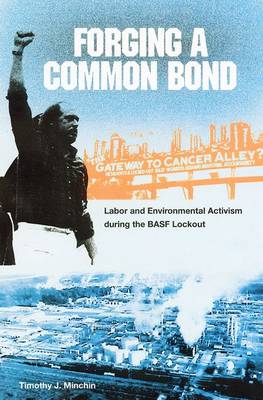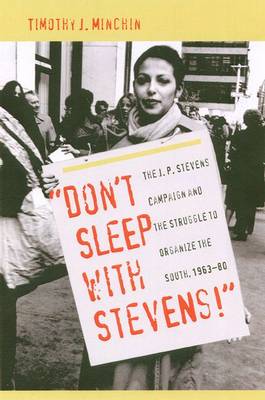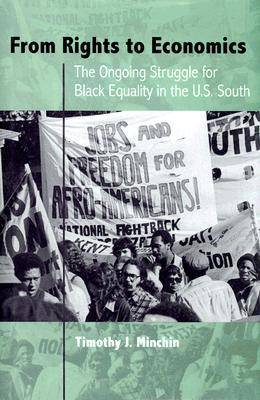New Perspectives on the History of the South
3 total works
"Minchin breaks new conceptual ground with this fascinating account of an improbable alliance of organized labor and environmentalists."--Gary M. Fink
Timothy J. Minchin studies one of the longest labor disputes in American history, a lockout involving the Oil, Chemical, and Atomic Workers' International Union and BASF, a German-based chemical manufacturer. The dispute ran from 1984 to 1989 at the BASF plant in Geismar, Louisiana, and was resolved only after the union applied an unusual strategy of alliance with environmentalists in order to bring pressure against the company from several directions at once. Minchin examines the range of innovative tactics applied by the union, from joining with Greenpeace on a "Toxic March" through Louisiana to raising concerns about possible links between plant emissions and residents' health problems, especially the state's high cancer rate. He also documents how the union used workers' awareness of past environmental practices to disrupt the company's efforts to expand operations at the site.
Minchin's research challenges the prevailing notion that unions and environmental groups have conflicting interests. He demonstrates how the workers' alliance with environmentalists led to a lasting transformation in the way that both groups view environmental issues, and he documents subsequent union involvement in a variety of environmental projects. Minchin also proves that the 1980s were not exclusively an era of defeat and decline for U.S. unions--that they could still win disputes, especially by reaching out to new allies.
Drawing on previously unseen union and company records, supplemented by interviews with a variety of both union and company members, Minchin's account is remarkable for its balance, lively insight, and accessibility. In tracing the five-year contest between OCAW and BASF, he documents the reversal of a cultural stereotype of passive southern labor in a case where it successfully struck back against a giant multinational corporation and even took the battle to the corporate headquarters in West Germany and reached out to unions in Europe.
Timothy J. Minchin is a lecturer in American history at the University of St. Andrews, Scotland.
Blending these records with oral histories and press accounts, Minchin highlights the important influence that the case had on American labor relations, especially in encouraging other firms to copy Stevens' tactics. For the first time, Minchin also explores the role that race played in determining the fate of organizing efforts, showing how difficult it was to build grassroots interacial unions.


